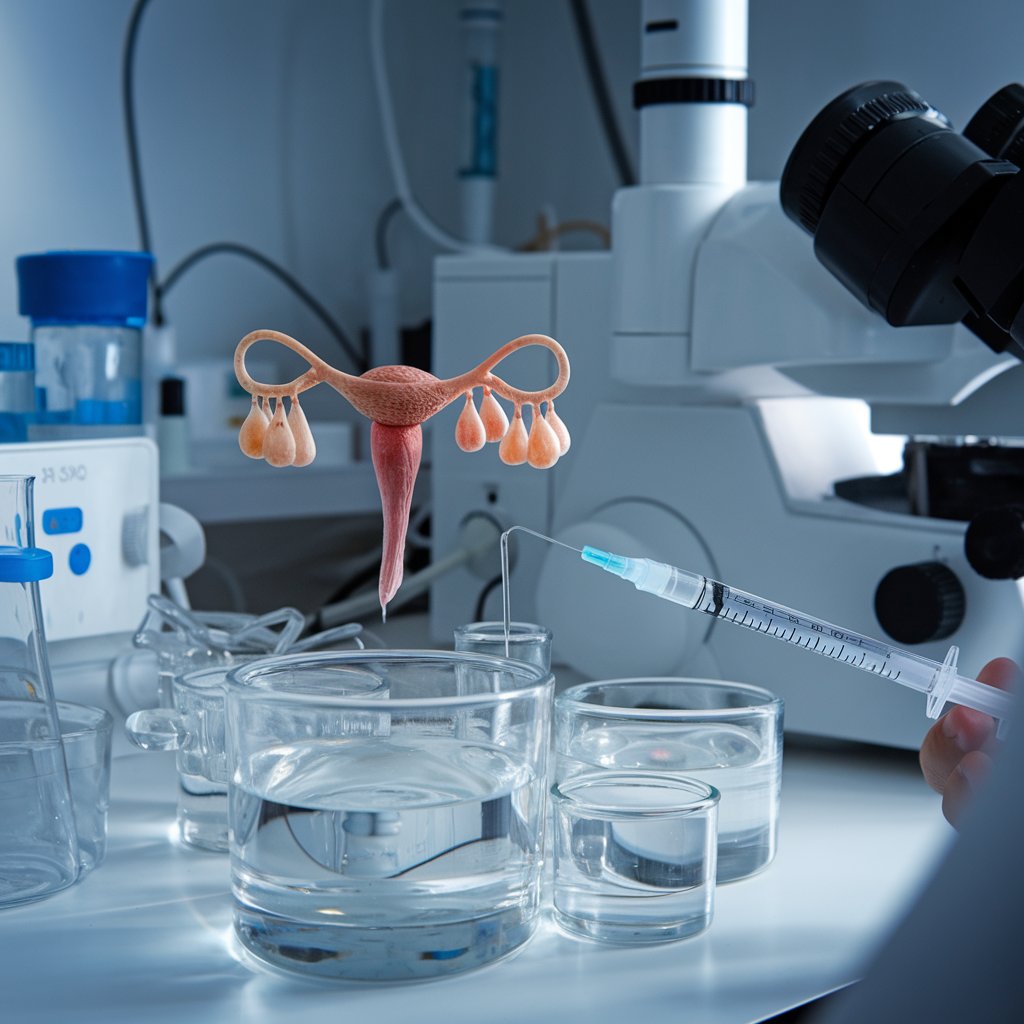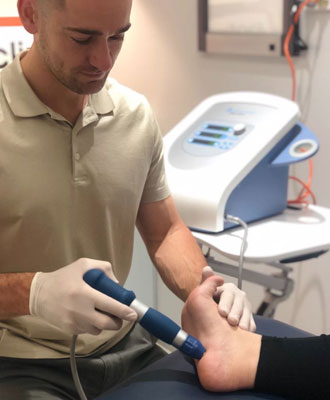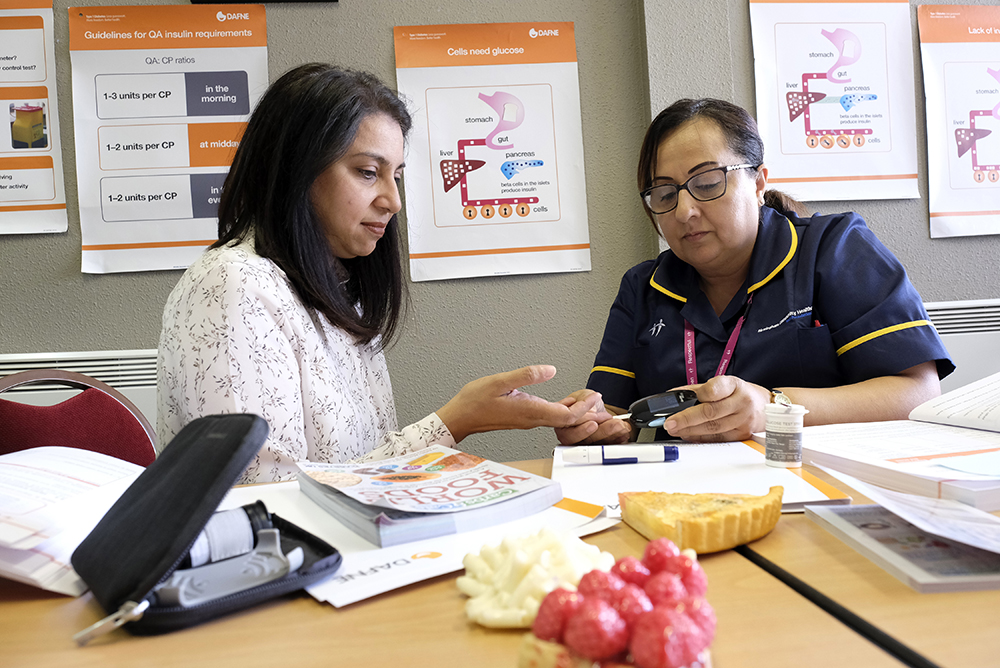Infertility affects millions of couples worldwide, and the journey to parenthood can be challenging for those unable to conceive naturally. However, advancements in reproductive technology, such as the test tube baby procedure, have given hope to many. Also known as in vitro fertilization (IVF treatment), this process has enabled countless couples to overcome infertility and achieve their dreams of becoming parents.
What is the Test Tube Baby Procedure?
The term “test tube baby” often refers to a baby conceived through IVF, a process where an egg and sperm are combined outside the body in a laboratory setting. This procedure has been transformative for individuals and couples who face difficulty conceiving due to factors like blocked fallopian tubes, low sperm count, or unexplained infertility.
In the test tube baby procedure, a woman’s eggs are retrieved and fertilized with her partner’s or a donor’s sperm in a lab. Once fertilized, the resulting embryos are monitored and one or more are transferred to the woman’s uterus in hopes of establishing a successful pregnancy.
Steps in the IVF and Test Tube Baby Process
The IVF process can be broken down into several important stages, each of which plays a crucial role in ensuring a successful outcome.
- Ovarian Stimulation: In this stage, fertility medications are used to stimulate the ovaries to produce multiple eggs. An infertility specialist monitors the development of these eggs with regular ultrasounds and hormone testing.
- Egg Retrieval: Once the eggs are ready, they are retrieved from the ovaries through a minimally invasive procedure. This involves using a thin needle to collect the eggs from the follicles in the ovaries.
- Fertilization: In a lab setting, the retrieved eggs are combined with sperm to facilitate fertilization. In cases where sperm quality is low, a process called ICSI (Intracytoplasmic Sperm Injection) may be used to directly inject a sperm into an egg.
- Embryo Culture: Fertilized eggs, now embryos, are closely observed for a few days as they develop. Once they reach an optimal stage, typically between three to five days after fertilization, the healthiest embryos are selected for transfer.
- Embryo Transfer: During the transfer, one or more embryos are placed into the woman’s uterus with the hope that one will implant in the uterine lining and develop into a pregnancy.
The test tube baby process offers new opportunities for those who may have previously had limited options for conception. A reputable IVF center provides the expertise, state-of-the-art facilities, and dedicated care necessary to optimize success in this complex journey.
Who Can Benefit from the Test Tube Baby Procedure?
IVF can help various types of patients struggling with infertility. Some common reasons people turn to the test tube baby procedure include:
- Blocked or Damaged Fallopian Tubes: Women with blocked tubes have a much lower chance of natural conception.
- Male Factor Infertility: When sperm count or quality is low, IVF combined with ICSI can increase the chances of fertilization.
- Endometriosis: This condition can interfere with the reproductive system, making it harder to conceive.
- Unexplained Infertility: In cases where no clear cause of infertility is identified, IVF offers a viable solution.
- Advanced Maternal Age: As women age, their fertility declines, and IVF can help maximize the chances of conception.
The Role of an Infertility Specialist
A skilled infertility specialist is essential throughout the IVF journey. They assess the unique needs of each patient, recommend appropriate treatments, and adjust protocols to increase the likelihood of success. Infertility specialists also offer the support and guidance that patients often need while navigating the emotional challenges of fertility treatment.
Choosing a specialist with extensive experience in IVF and related treatments can make a significant difference in outcomes. An experienced specialist will tailor the treatment to your specific condition, ensuring you receive the most effective and personalized care.
Finding the Right IVF Center for Your Journey
Selecting the right IVF center is a critical part of the process. The best centers have advanced equipment, skilled staff, and a high level of expertise in performing the test tube baby procedure. When looking for an IVF clinic, it’s essential to consider:
- Success Rates: Centers with a strong track record of successful IVF outcomes can provide confidence and reassurance.
- Technology and Laboratory Standards: An IVF center with state-of-the-art lab facilities and technology ensures that the highest standards are met for embryo culture and handling.
- Patient Care and Support: Undergoing IVF is an emotionally intense experience, so a center with compassionate and supportive staff can make a significant difference.
For those located in Lahore, finding an IVF center in Lahore with a dedicated team and the right facilities can be an important step toward successful treatment. Many centers in Lahore provide comprehensive IVF services, but selecting one that meets high standards in care, technology, and expertise is essential.
IVF Success Rates and Factors Influencing Outcomes
The success of the test tube baby procedure varies and depends on factors such as age, the quality of eggs and sperm, and the skill of the medical team. While success rates have improved significantly over the years, it’s essential to approach the procedure with realistic expectations and an understanding that multiple cycles may sometimes be necessary to achieve a successful pregnancy.
Conclusion
The test tube baby procedure has revolutionized infertility treatment and offers hope to countless couples. With the help of an experienced infertility specialist and the right IVF center, individuals facing fertility challenges can pursue parenthood with confidence. By understanding the process, choosing a high-quality clinic, and partnering with a skilled specialist, prospective parents can make informed decisions on their journey to building a family.




